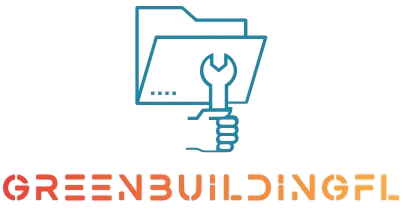How to Create a Project Risk Management Framework
Creating a project risk management framework is essential for identifying, assessing, and mitigating risks that could impact the success of a project. Here are the steps to create a project risk management framework: Define the Scope: Determine the specific project or initiative that requires a risk management framework. Clearly outline the objectives, deliverables, timeline, and









